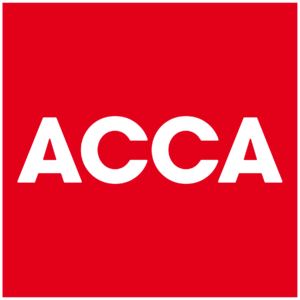Latest Industry News
The Soft Drinks Industry Levy (SDIL) was introduced in April 2018 and applies to the packaging and importation of soft drinks containing added sugar. It was introduced as part of the government’s initiative to tackle childhood obesity by encouraging manufacturers to reduce the sugar content in their drinks products.
The UK has one of the highest obesity rates among developed countries and soft drinks are still the biggest source of sugar in children’s diets. Revenue collected from the levy will help fund physical education activities in primary schools, the Healthy Pupils Capital Fund and provide a funding boost for breakfast clubs in over 1,700 schools.
Manufacturers had two years to prepare ahead of the introduction of SDIL. While many manufacturers reduced the sugar content in their drinks products, over 450 traders have registered to pay the levy. There are two rates of tax, depending on the sugar content:
- the ‘standard rate’ (18p per litre) applies to drinks with sugar content between 5 grams and up to (but not including) 8 grams per 100ml
- the ‘higher rate’ (24p per litre) applies to drinks with sugar content equal to or greater than 8 grams per 100ml
The Exchequer Secretary to the Treasury, Robert Jenrick, said:
Today’s figures show the positive impact the soft drinks levy is having by raising millions of pounds for sports facilities and healthier eating in schools, as well as encouraging manufacturers to cut sugar in over half the drinks found in UK stores.
Helping our next generation to have a healthy and active childhood is a priority for us, and I’m pleased to see the industry is playing its part.
Further findings from HMRC’s statistics show:
- since April, over 90% of net liabilities declared by traders were at the higher rate (24p per litre)
- since SDIL was introduced, 85% of gross liabilities were declared as packaged (produced in the UK)
Further information
Read the Soft Drinks Industry Levy statistics.
The statistics are broken down by rate of tax (standard and higher), and the origin of goods (imported and packaged). Imported refers to liabilities declared as imported from large overseas producers, and packaged refers to liabilities declared as packaged by traders for themselves and on behalf of large producers.
The 2016 Budget announced funding for a number of programmes linked to the revenue from the Soft Drinks Industry Levy. The funding has been allocated to a number of programmes to support pupil health and well-being which include:
- doubling funding for the primary physical education and Sport Premium to £320 million a year from 2017 – the Department for Education and the Department of Health and Social Care contribute £100 million and £60 million per year to the premium respectively, with the Soft Drinks Levy funding contributing £415 million over the remainder of the current spending review period
- providing £100 million in 2018/19 for the Healthy Pupils Capital Fund
For tailored advice on how to best manage your personal and business finances, get in touch with us today and find out about how CBHC can help you do more with your money.








